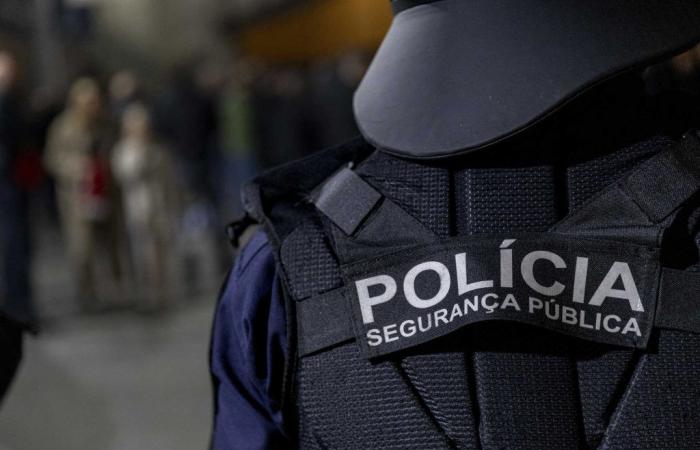The president of the Internal Security Observatory admitted this Monday that crime data in 2023 is worryingbut argued that a deeper analysis will only be possible with the Annual Internal Security Report (RASI).
According to statistics from the Directorate-General for Justice Policy, crimes recorded by the Portuguese police increased by around 8% last year compared to 2022 and reached the highest values in 10 years, totaling 371,995 incidents.
Speaking to Lusa, Hugo Costeira said that a comparison must be made with the type of crime and check in which areas of the country there is a record of a higher crime rate, highlighting that there may also have been an increase in the number of complaints and not of crimes.
“From a statistical point of view, it’s a really worrying statistic,” he admitted, highlighting that it is necessary to reflect with more data, which allows other considerations and measures to be taken.
In Hugo Costeira’s opinion, “there may not be a real increase in crime”, but rather an increase in the number of complaints to the authorities, with a consequent decrease in the so-called black figures.
Dark figures represent “people who are victims of crimes and who do not report them and who actually start reporting them”, which could help explain a possible real increase.
“I think we will have to wait for RASI and try to understand, here in the types of crimes, what exactly are we talking about, which are the areas where this is happening, what causes this to happen according to geography”, he highlighted.
He gave as an example the increase in drug trafficking, arguing that it will be necessary to see in which areas of the country this happened in order to make a more comprehensive reading and “understand if there is any additional factor that should be the subject of specific attention from the authorities”, particularly at the level of proximity policing.
Looking at organized crime, for example in the case of residential robberies, he pointed out that we have heard a lot about the fact that these crimes are carried out by “groups that may not even be national”.
“They come to Portugal to commit this crime and disappear and, therefore, are not even residents. Therefore, it is not even a question of immigration, it is a question of highly organized crime”, he pointed out.
He defended, once again, the need to cross-reference this data with the elements that may appear in the RASI and that allow “from a technical point of view, to make some comparisons and draw some conclusions”.
He also gave an example with records of driving a vehicle with an alcohol content — “which really is a major crime” — to explain that it is necessary to analyze in which areas this happens most, whether the people identified are younger or whether the crimes take place next to nightlife venues.
“Therefore, there are several metrics here that have to be analyzed, even for the answer to be an assertive answer, because we have to understand why there are so many arrests with this blood alcohol level, for example”, maintained Hugo Costeira.
He also stressed that crime must be looked at “very assertively, both by political power and by leaders of security forces and services” so that it is possible to obtain “valid conclusions about why these increases exist”.
Statistics from the Directorate-General for Justice Policy also show that since 2013, when 376,403 occurred, there have not been as many crimes recorded in Portugal as in 2023.
The data also indicates that only in 2020, a year marked by confinements due to the covid-19 pandemic, did crime fall below 300 thousand crimes, with 298,787 occurrences.
Tags: Crime data worrying admits Internal Security Observatory
--





